Jump To

Own one like this?
Make room for new gear in minutes.Compare 0 Listings
Product Details
Gallery
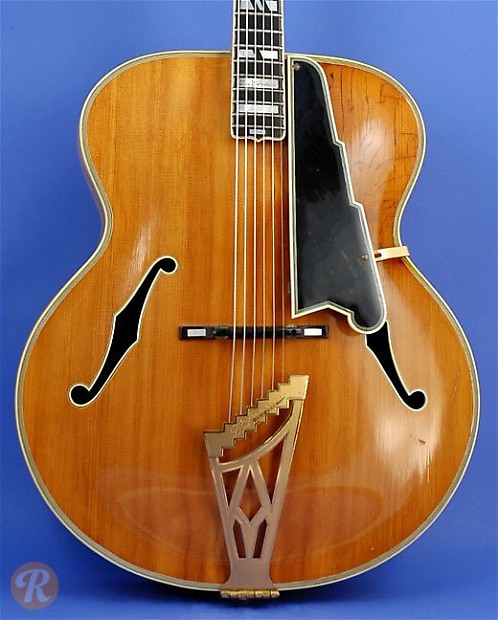

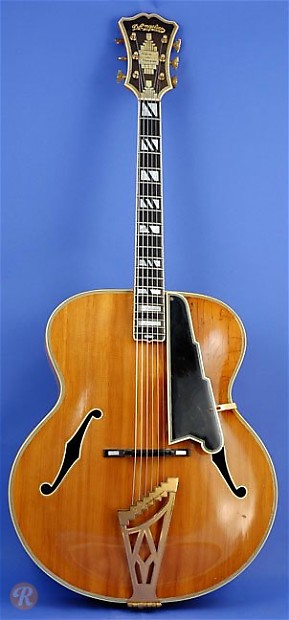
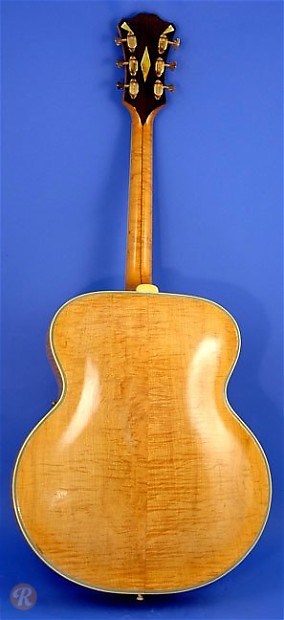
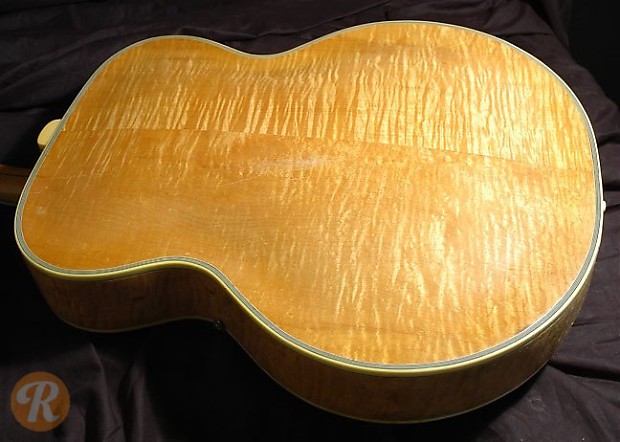
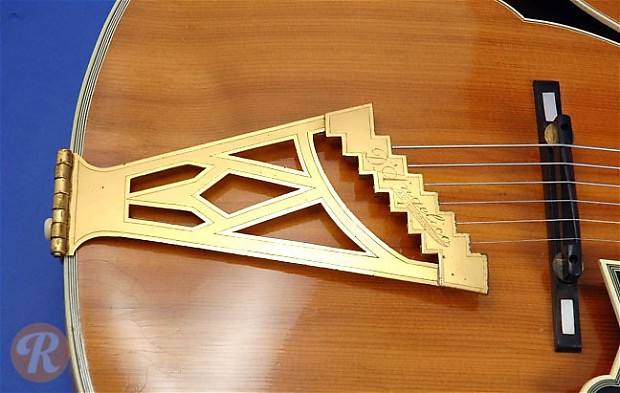
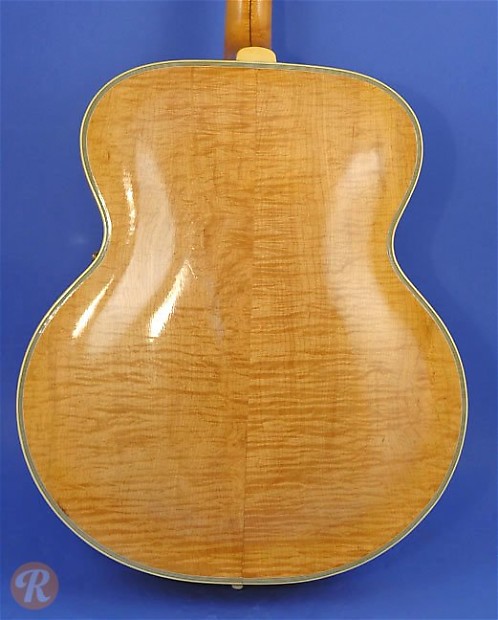
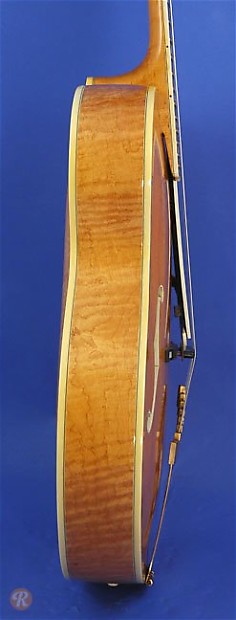
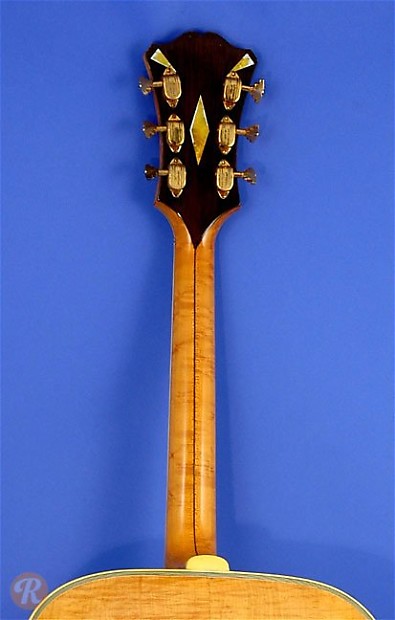
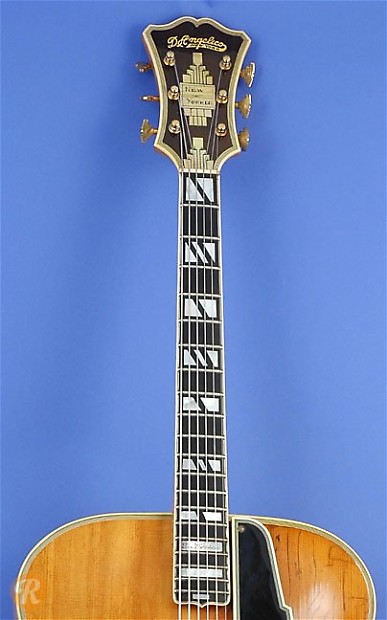
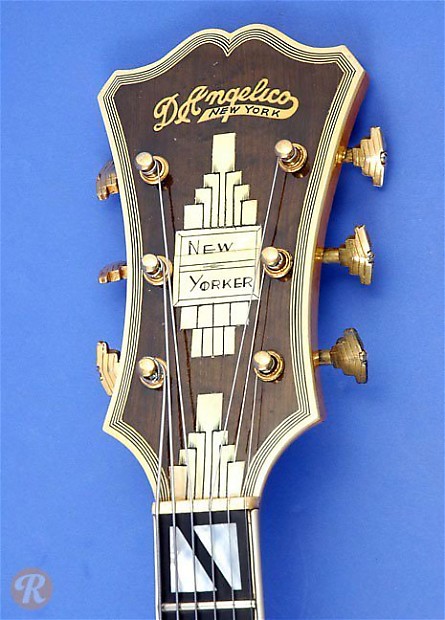
Product Specs
| Brand | |||||
| Model |
| ||||
| Finish |
| ||||
| Year |
| ||||
| Categories | |||||
| Active Preamp |
| ||||
| Back Material |
| ||||
| Body Shape |
| ||||
| Color Family |
| ||||
| Fretboard Material |
| ||||
| Number of Frets |
| ||||
| Number of Strings |
| ||||
| Pickup |
| ||||
| Right / Left Handed |
| ||||
| Sides Material |
| ||||
| String Type |
| ||||
| Top Material |
| ||||
Overview
John D'Angelico built 1,164 guitars between 1932 and his death in 1964. His major designs include the Excel and New Yorker, which many collectors rank as some of the finest archtop guitars ever built. Valuation on rare vintage archtops such as the New Yorker is done on a very case-by-case basis. Because the market is so specific and small, no two guitars can be accurately priced exactly the same. Many D'Angelico guitars have suffered from binding deterioration, and those with replaced binding are less desirable than others. The large-bodied New Yorker featured multi-binding on its pickguard and f-holes, and ranks as the most valuable D'Angelico.
Years of Production: 1936 - 1964
Unique to this Era: D'Angelico switches to a stairstep-style tailpiece in 1943. By 1949, most Excels are built with a cutaway.
Body Style: Archtop acoustic
Wood Composition: Curly Maple back and sides, Spruce top
Design Elements: Multi-bound pickguard, f-holes, split block inlays, stairstep tailpiece, multi-bound top
Years of Production: 1936 - 1964
Unique to this Era: D'Angelico switches to a stairstep-style tailpiece in 1943. By 1949, most Excels are built with a cutaway.
Body Style: Archtop acoustic
Wood Composition: Curly Maple back and sides, Spruce top
Design Elements: Multi-bound pickguard, f-holes, split block inlays, stairstep tailpiece, multi-bound top
Price Guide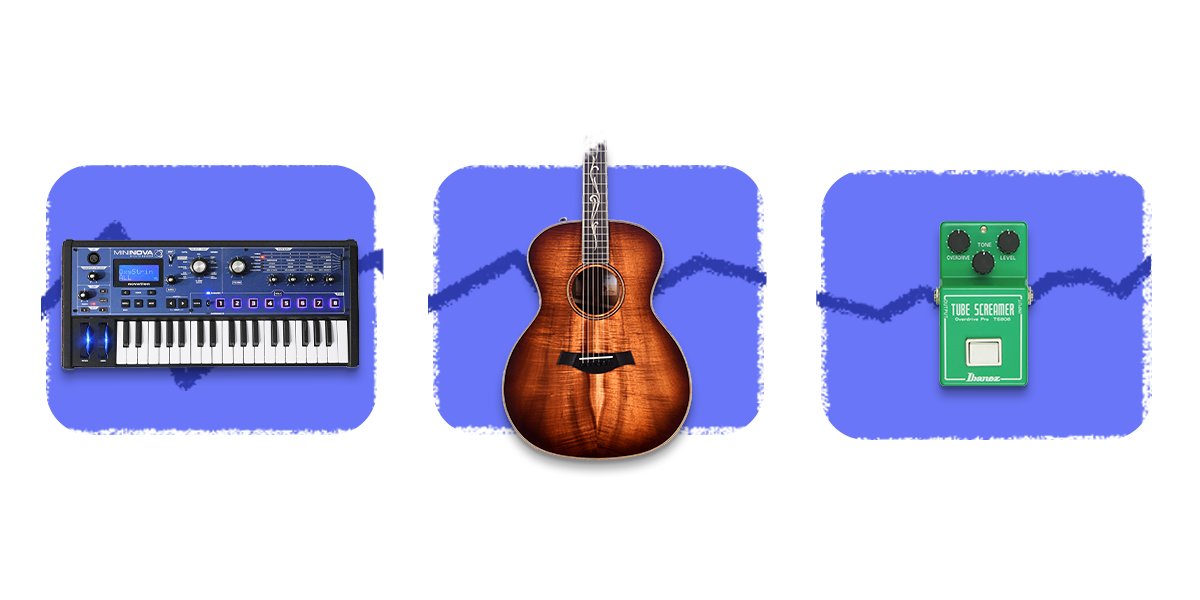
*Excludes Brand New, B Stock, Fair, Poor, and Non-functioning. Prices exclude shipping and tax/VAT/GST.
